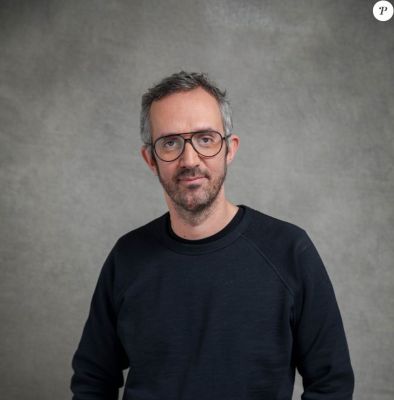Digital media startup Brut is announcing that it has raised $40 million in Series B funding. The money will be used, in part, to finance its launch in the United States.
CEO Guillaume Lacroix said that that he and his co-founders all come from the French TV industry, where they were all “frustrated not to be able to follow up the conversation on social.” So they created Brut as a way deliver video news that felt conversational and authentic, hoping to spark viewer conversation, then take advantage of that commentary to find future stories.
“We always always say to journalists, ‘Forget the audience, think about your two best friends,’” Lacroix told me. “‘Would you be excited to have this conversation tonight with your friends? If yes, let’s do it.’”
The publisher focuses on topics like social good and social impact — for example, it published the first viral video featuring climate change activist Greta Thunberg. Lacroix argued that Brut’s audience is looking for solutions, not just problems, in contrast to the “negative news cycle” that they see on traditional media.
“People are not waiting anymore — they don’t wait for institutions to do it, they don’t wait for the collectivity to do it,” he said. “It’s very inspiring to see someone who takes even a small action.”
At the same time, he doesn’t want Brut’s journalists to veer too heavily into advocacy or activism themselves: “We don’t do a call to action, we’re not activists, we don’t point a finger. We just shine a light on people who are trying to do something to change the world.”
In many ways, Brut seems to check off the same boxes (it aims to reach a millennial/Gen Z audience with short videos on Facebook, Instagram and Snapchat) that many U.S. digital media startups did before they started to struggle and consolidate over the past few years.
But Lacroix said the startup’s approach is working — not just in terms of reaching an audience, but also building a real business. Brut is already profitable in France, and it plans to be profitable in the U.S. within three years.
Asked about whether he’s worried about relying on social platforms to reach his audience, Lacroix argued that even if you focus on publishing on your own website, you’re reliant on Google for traffic.
“For me, it’s not a problem of distribution, if you’re diversified enough,” he said. “It’s a problem of: What’s your business model? Why did Spotify explode from day one? They have a global DNA. It’s exactly the same for us.”
For example, Lacroix said that Brut’s audience is concerned about many of the same issues no matter what country they’re in. And the company is able to produce content for them in a relatively low cost way, because it can shoot a video in French or English, then add subtitles in a variety of languages — most audiences won’t even notice since they’re watching on their phones, with the sound off.
To be clear, Brut hasn’t exactly been ignoring the U.S. market before this. The company said it has an audience of 30 million daily active viewers across the globe, including in the United States, and it opened an office in New York City a couple of years ago. By “launching” here, Brut means it’s hiring an advertising salesforce to start monetizing that audience.
The company previously raised 10 million euros (approximately $11.1 million) from Kima Ventures, according to Crunchbase. The new funding was led by Red River West and Blisce, with participation from Aryeh Bourkoff, Eric Zinterhofer and others.
“When deciding where to invest, we look for mission-driven companies whose values are aligned with our own,” said blisce founder and CEO Alexandre Mars in a statement. “Like blisce’s previous investments in Spotify, Pinterest and Bird, we believe that Brut.’s unique global approach represents a special competitive advantage, as well as an understanding that business success and positive social impact are inextricably linked.”
